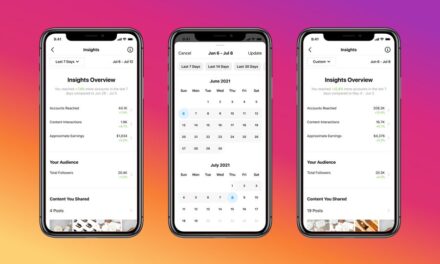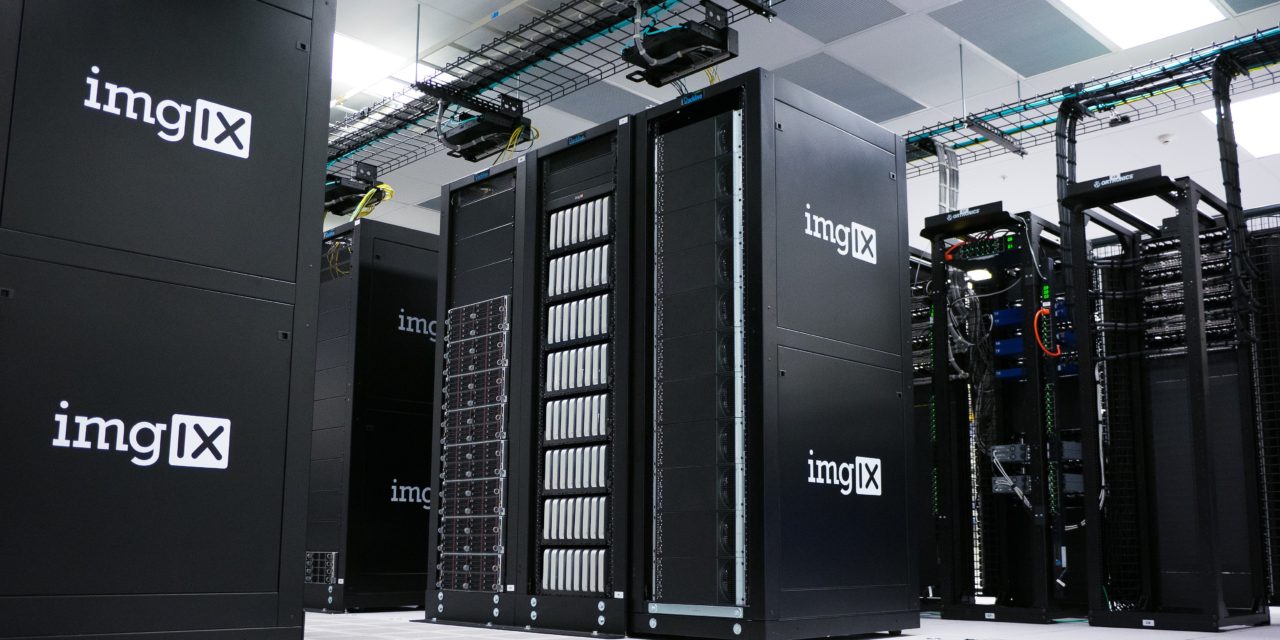Repost from: https://www.marketingweek.com/2018/05/02/artificial-intelligence-supercharged/
Find quick wins on the road to digital transformation
Virgin Holidays used AI to prove the value of overhauling its email emarketing as it prepared for a full-scale transformation of how it communicates with consumers.
Saul Lopes, Virgin Holidays’ customer lifecycle lead, admitted that when he first joined three years ago its email marketing setup was “complex”; it was using three different tools to send emails, it had a marketing and CRM team without any data analysts, it was only able to do limited personalisation and there was “no culture of testing”.
He wanted to do a full digital transformation of how the function worked, but with his plan costing lots of money and requiring a huge shift in skills and mindset, he was instead tasked with proving what success would look like on a small scale before the company would commit.
“The AI took away all of the bullsh*t. We are no longer led by human ego or human bias but by numbers and results.”
Saul Lopes, Virgin Holidays
“As marketers we want to do the major transformation. But I got challenged by my team to start at step number one: prove yourself with quick wins,” he said, speaking at Supercharged yesterday (1 May).
“By giving yourself quick wins you can then give yourself a way to get the basics right. You have to have the basic infrastructure in order to be able to do major change. When that’s done and you get the results done, then you can start with the major transformations.”
To find those quick wins, Lopes turned to AI to enable Virgin Holidays to test at scale without increasing his team’s workload. Using AI email marketing solution Phrasee, it began to test different subject lines and text within emails to work out what was most effective.
That led to a number of learnings over how to best promote via email. For example, the company had always assumed that if it had a big promotion – say 50% off – that message needed to lead all its emails. However, the AI showed the best results came from emails without a specific sales message but that instead had messages such as “Book before Monday” or offered a getaway from stress at work or bad weather in London.
“The AI took away all of the bullsh*t and we are no longer led by human ego or human bias but by numbers and results,” he says.
And the results speak for themselves. Virgin Holidays saw a 2% increase in open rates, which means that given CRM is its second biggest revenue driver it resulted in several million pounds of incremental revenue. And by combining this tech with other tech in a wide-ranging sales campaign, it saw a 66% increase in email opens, 33% in web traffic, a 37% rise in revenue and 38% increase in calls to its call centres.
“Most importantly this unlocked further investment. By starting small it has ended up paying off,” he concludes.
Don’t be afraid to take a risk
However, even starting small can be easier said than done. When confronted with the term AI, many brands are looking too widely at the industry as a whole, rather than the narrow applications that could help their business.
One of those key areas is in customer experience. According to a report by Marketing Week sister title Econsultancy, while 81% of companies think they have a holistic view of consumers, just 37% of consumer think their favourite brands understand them. “AI is an opportunity to close that gap and help marketers understand those customers,” said senior analyst Lynette Saunders who was also speaking at the event.
For RBS and Age UK the solution was a chatbot. At RBS, the chatbot helps with customer queries such as changing an address on a bank account or activating a new credit card. It now answers more than 200,000 queries a month, leaving its staff free to deal with more complex problems or queries that might need a human touch.
At Age UK, the chatbot has a similar role, helping answer queries but also providing support and advice. IT has trigger words, so if someone is talking about ‘abuse’, for example, it will suggest they call and speak to someone at the charity that can help.
Lara Burns, chief digital and technology officer for Age UK, explained: “We can’t keep expanding the people on the phone so chatbots are the only way forward.
“But it’s important to remember that sometimes the best thing to do is signpost someone to a real individual.”
Both brands say that while it would be easy to spend a lot of time thinking about how to use AI, the key is to find the solution that works and launch it, ironing out the issues or spotting new opportunites as it develops.
Naresh Vyas, head of solutions delivery for RBS, said: “Ultimately you can do all the testing and researching but you really learn once you it’s live.” Burns agreed: “My advice would be just do it. The best thing to do is just set one up and go from there.”
Burns also encouraged organisations with tighter budgets to consider chatbots, saying they don’t have to cost a lot of money. Age UK’s cost around £40,000, which she admits is a lot of money for the charity but much less than a company like RBS might spend. However, both cautioned that they require a lot of time to develop and require new roles in areas such as content analysis.
Look to chatbots to drive loyalty
Another use of chatbots can be in driving loyalty. According to a report by Accenture, some 52% of customers have switched provider, whether that’s their utility supplier or mobile network, in the last year due to poor customer service, while 71% say loyalty programmes don’t actually engender loyalty.
This is due to a number of reasons: industries are becoming more commoditised, technology has changed the way people shop and brands are being held to account more than ever before.
Not only that, governments and regulators are putting even more pressure on customer loyalty by encouraging competition.
As such, the power is shifting from brands to the consumer, which is in turn making brands work even harder to attract – let alone keep – people’s attention.
“If we don’t get women working in AI we will create biased systems.”
Bas Van De Poel, Space10
This is why, says Facebook’s group sales director Dan Robinson, customer experience has become the key differentiator between brands that have a loyal following and those that don’t.
And perhaps unsurprisingly, he believes using technology, such as AI and chatbots, can help build valuable brand/customer relationships and ensure meaningful one-to-one interactions at scale.
According to Facebook, 100 billion messages are sent on its Messenger platform every day, while there are two billion messages between brands and consumers on a monthly basis . Robinson said it is experiencing triple-digit growth as well.
This growth suggests it is something that is working well for a number of brands, and certainly raises questions over whether we’re heading towards a future where people would rather interact with a chatbot over a real human – whether that’s down to efficiency, or just because we’re becoming more awkward and less sociable.
The challenges of AI
At Ikea, AI has been used beyond chatbots. Its ‘Place’ app uses Apple’s AR kit to help customers “bridge the imagination gap” by producing true-to-scale AR models of furniture in people’s homes.
The work was done by Space10, Ikea’s innovation lab based in Copenhagen. It is looking at areas it can produce tangible results, including natural interfaces and AI, which it believes offers “a more natural and intuitive way” to interact with tech.
“Natural interfaces and AI are a huge paradigm shift. At first we needed to learn to use new tech, now you don’t, you just interact with it,” said Bas Van De Poel, creative strategist.
“You don’t need to learn how to speak to use Google Home; the same with Amazon Go – you just walk into the grocery store, pick up stuff and walk out. It feels very natural, there is no friction.”
However, he said new tech such as this raises a lot of questions over the ethical implications of how AI is designed. For example, currently just 20% of women working on the technology are women, which Van De Poel suggested would look to bias in the AI.
“There is a strong likelihood products will be gender biased. At the moment, if you ask Siri ‘Who’s your daddy?’ it answers ‘You are, can we get back to work now?’,” he said.
“If we don’t get women [and other viewpoints] in we will have biased systems. AI is going to have a white guy problem, and probably an elite white guy problem.”















